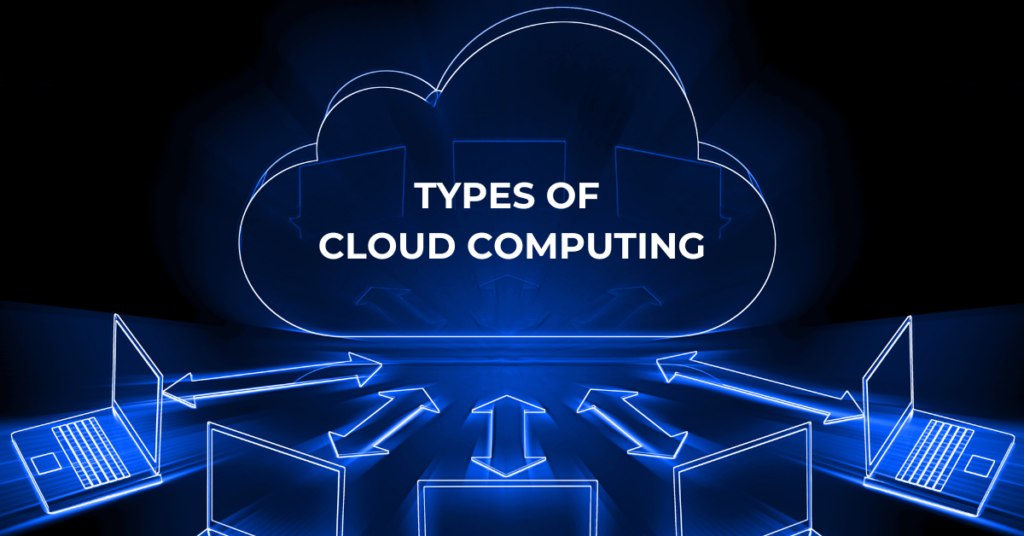
If you have a business, then you should definitely try out enterprise cloud solutions, which can help you manage your data and applications over the internet as well as improve efficiency, security, and scalability. They allow companies to focus on growth and innovation instead of managing IT infrastructure. There are various types of enterprise cloud solutions, each with unique benefits, with that let’s explore some of the best options available.
Public Cloud
What is a Public Cloud?
A public cloud is a type of cloud computing where services are delivered over the internet, and usually, these services are offered by third-party providers and are available to anyone who wants to use them.
Benefits of Public Cloud
- Cost-Effective: You only pay for what you use. There are no upfront costs for hardware or software.
- Scalable: You can easily increase or decrease your usage based on your needs.
- Accessible: You can access your data and applications from anywhere with an internet connection.
Examples of Public Cloud Providers
- Amazon Web Services (AWS)
- Microsoft Azure
- Google Cloud Platform (GCP)
Private Cloud
What is a Private Cloud?
A private cloud is exactly what it’s name says in that it is a cloud environment that is used exclusively by one organization and can be hosted on-site or by a third-party provider.
Benefits of Private Cloud
- Enhanced Security: Since the cloud is used only by your organization, it offers higher levels of security and privacy.
- Customization: You can tailor the cloud environment to meet your specific needs.
- Compliance: It is easier to meet regulatory and compliance requirements with a private cloud.
Examples of Private Cloud Providers
- IBM Cloud
- HPE GreenLake
- Dell EMC
Hybrid Cloud
What is a Hybrid Cloud?
A hybrid cloud combines both public and private clouds (if you havent gotten that yet) and allows data and applications to be shared between them, because of this, it provides greater flexibility and more deployment options.
Benefits of Hybrid Cloud
- Flexibility: You can choose the best environment for each workload.
- Cost Management: You can use the public cloud for less sensitive tasks to save costs while keeping critical data in the private cloud.
- Scalability: You can easily scale your operations by using the public cloud while maintaining control over core applications.
Examples of Hybrid Cloud Providers
- VMware Cloud on AWS
- Microsoft Azure Stack
- Google Anthos
Multi-Cloud
What is a Multi-Cloud?
A multi-cloud strategy uses services from multiple cloud providers and can include a mix of public and private clouds from different vendors.
Benefits of Multi-Cloud
- Avoid Vendor Lock-In: You are not dependent on a single cloud provider, which can prevent service disruptions.
- Optimized Performance: You can choose the best cloud for each application, optimizing performance and cost.
- Increased Resilience: Using multiple clouds can improve disaster recovery and business continuity.
Examples of Multi-Cloud Providers
- IBM Multi-Cloud Manager
- Cisco Multi-Cloud Solutions
- HashiCorp Terraform
Conclusion
Overall, you have a lot of choices on which cloud solutions you can have so consider your needs and your situation carefully so you can pick the best one that is right for you!

